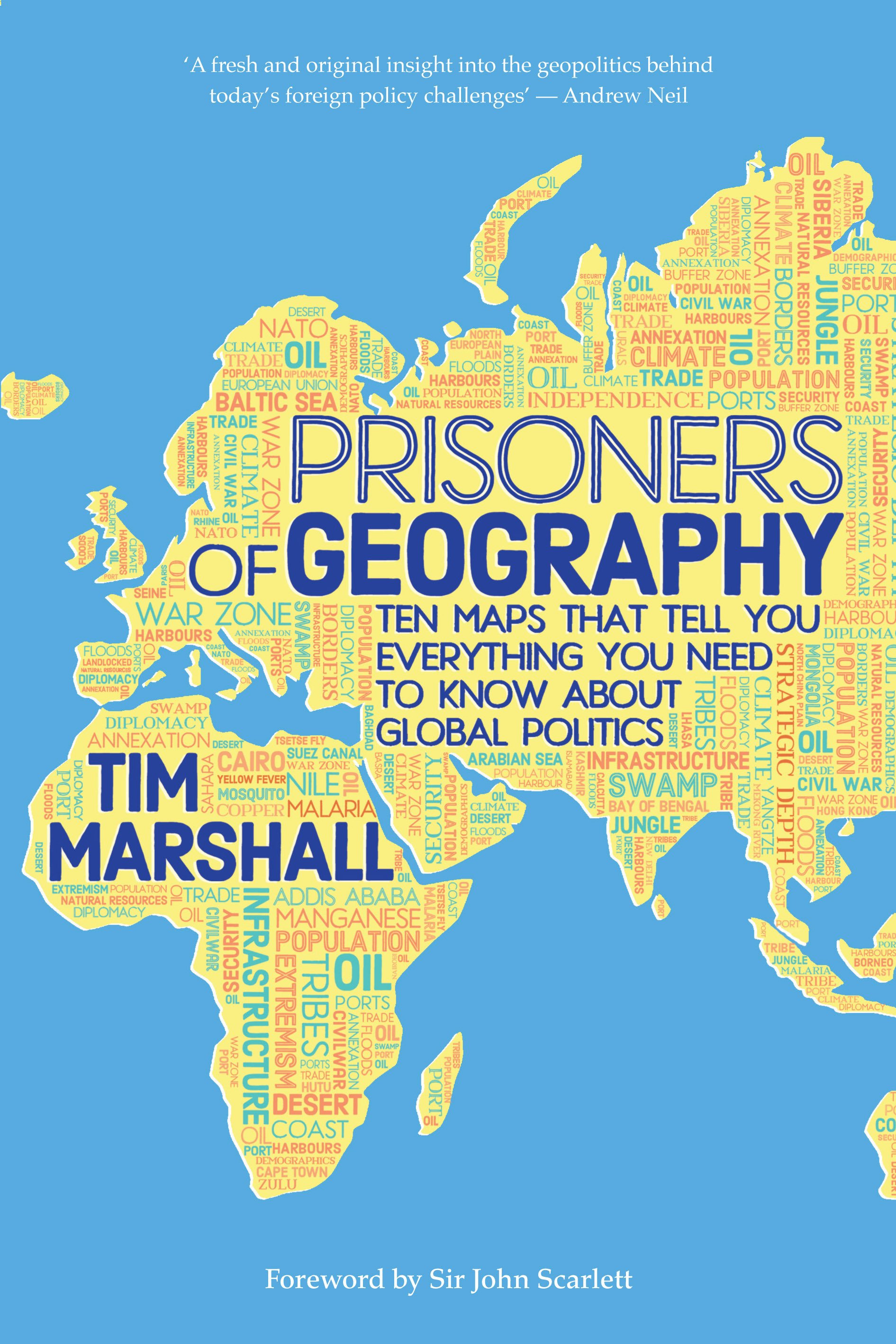Prisoners of Geography
Summary:
In the bestselling tradition of “Why Nations Fail” and “The Revenge of Geography”, an award-winning journalist uses ten maps of crucial regions to explain the geo-political strategies of the world powers.
All leaders of nations are constrained by geography. Their choices are limited by mountains, rivers, seas, and concrete. To understand world events, news organizations and other authorities often focus on people, ideas, and political movements, but without geography, we never have the full picture. Now, in the relevant and timely “Prisoners of Geography”, seasoned journalist Tim Marshall examines Russia, China, the USA, Latin America, the Middle East, Africa, Europe, Japan and Korea, and Greenland and the Arctic—their weather, seas, mountains, rivers, deserts, and borders—to provide a context often missing from our political reportage: how the physical characteristics of these countries affect their strengths and vulnerabilities and the decisions made by their leaders.
In ten, up-to-date maps of each region, Marshall explains in clear and engaging prose the complex geo-political strategies of these key parts of the globe. What does it mean that Russia must have a navy, but also has frozen ports six months a year? How does this affect Putin’s treatment of Ukraine? How is China’s future constrained by its geography? Why will Europe never be united? Why will America never be invaded? Shining a light on the unavoidable physical realities that shape all of our aspirations and endeavors, “Prisoners of Geography” is the critical guide to one of the major (and most often overlooked) determining factors in world history. (Summary and cover courtesy of goodreads.com)
Review:
This was a very focused book that took heavy topics and made them readable. I’ve read “Why Nations Fail” and frankly this had similar themes in a simpler manner. Globalization, limitations of geography, and context for business were key themes in the MBA I just completed and I found this book dovetailed quite well with them. As someone with an engineering background and mostly on-the-job business education (pre-MBA), I believe this type of book is essential to have a political grounding for understanding business decision-making and foreign policy. These are not topics that only those who work in specific industries should understand – they’re ones that we, as voters, should understand in the current political climate.
Personal opinion aside, I do believe what makes this book so good is its accessibility. Marshall simply explains economic and political motivators and why they’re influenced by the geography of ten regions in the world. For areas you might have a specific interest in there are always additional resources, but this is a great introduction. I’d highly recommend this book to anyone who wants to understand what’s going on in the world a little more deeply.
Rating: 5 stars!
Who should read it? Anyone looking for a quick, concise and focused overview of foreign policy and politics.


